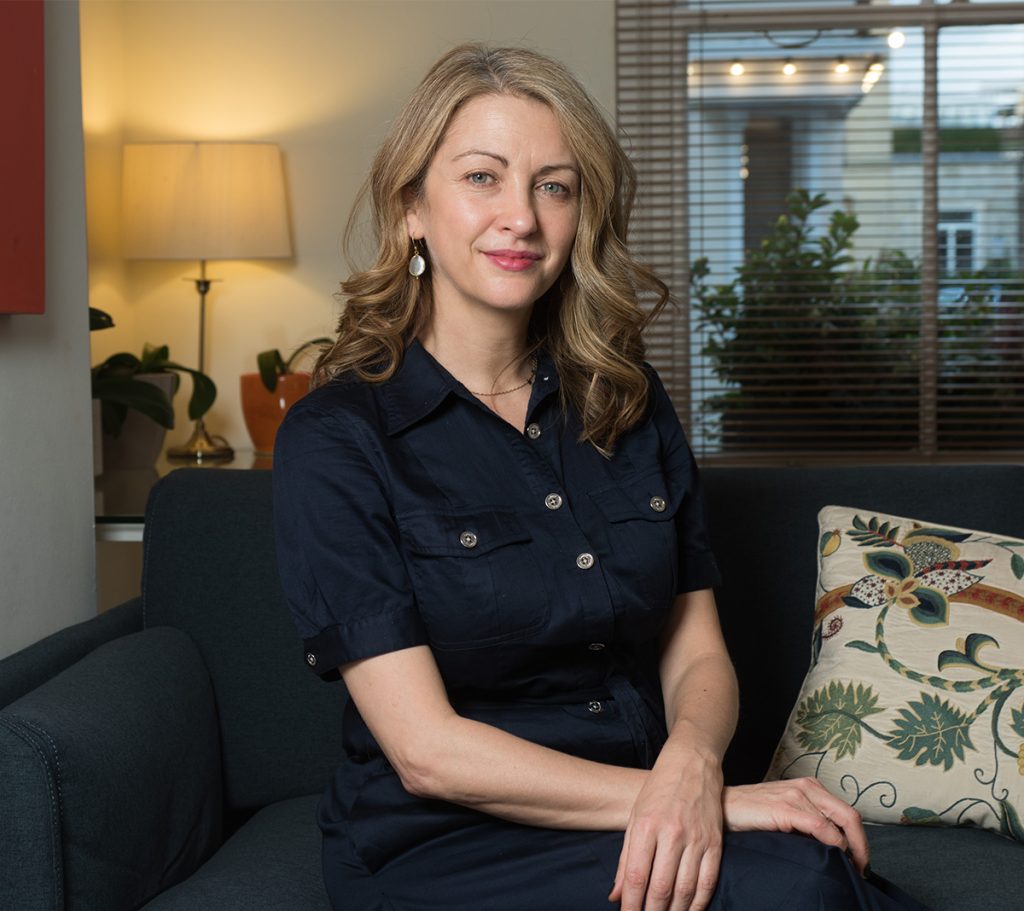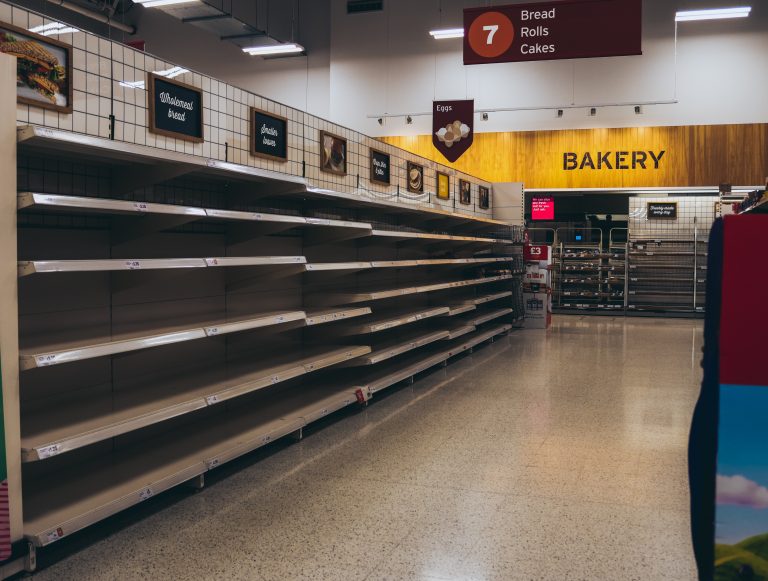Has the nuanced approach to ending the lockdown created new fear?
The recent government announcement signals the beginning of the end of lockdown and some easing of the restrictions on our lifestyle.
While we may welcome the prospect we may also be thrown into a fresh wave of fear and uncertainty.
Should I go on public transport? Should I wear a mask? Am I immune? Am I at risk? Can I work from home? Should my children go to school? Will I lose my job if I don’t feel safe to go to work?
This is a very different challenge from the move into lockdown and to a certain extent may have an even greater impact on our mental health.
Going in to lockdown meant a loss of our personal freedom, our usual means of validation such as our rewards and our connection with others. At the same time we were told to retreat to our homes, where most of us do feel relatively safe and where we can control the environment.
The ‘stay at home – save lives’ message, although tough and challenging, was clear cut – and therefore extremely helpful for a traumatised and frightened mind. There was also a sense of unity as everyone was compelled to respond in the same manner.
The new message ‘stay alert’ is confusing and is tailored to different groups of people. This will plant confusion which increases our anxiety and fear.
The emphasis is on each individual’s attitude to risk, which also gives a sense that if we do the wrong thing there could be dire consequences and it will be our fault. We may want to contribute to society but does that mean risking our own or our loved one’s own health? It’s hard to be asked to take personal responsibility for our choices with so much at stake and so little information on which to base our judgements.
We have experienced a collective trauma and therefore fear is a very prominent part of our psyche. Quite understandably, we have been left feeling afraid of the world outside of lockdown (and of other people).
If a pack or tribe feels threatened they may become angry – the ‘fight or flight’ response to immediate danger. One example of this is the reaction from the teaching unions to the reopening of schools – it is entirely understandable that trauma would arise as a response to the lack of certainty and control with regards to social distancing in schools.
From a trauma perspective the easing of the lockdown is only a partial improvement as we are still faced with uncertainty, our sense of purpose is still lacking, our routines and our sense of safety are still not established – and our connection with others is still fragmented at best.
The further complication is that we are still in the midst of grieving for our old lives.
We have been missing our former way of life and probably hoping that this would return in the near future. We are now emerging into a world which is completely different; there are new threats in our surroundings which we can’t evaluate and new rules of behaviour which have not been properly established.
Being disconnected from our loved ones for all this time and the things that give us identity may have made us feel quite paranoid and less able to be calm and rational. We may also feel we are wrong to feel afraid. We worry that we are being ungrateful or silly, when others are ill or at much greater risk.
What can we do?
We can realise that all of these feelings are normal and natural and that it is important to seek help if we need it.
We can think about the message of this year’s mental health awareness week – kindness.
We can nurture what we all have in common rather than what divides us.
We can see and understand our own struggles with compassion and extend this to others.
We can dial down our fear into caution.
We can allow ourselves to acknowledge our sense of loss.
We can trust that we are resilient and adaptable.
We can give ourselves time.
We can breathe.
Read some of our past blogs for techniques to help cope with trauma and fear.

Author: Michelle Scott
Psychotherapist & Eating Disorder Specialist MSc BSc RMHN (Reg MBACP) London & Edinburgh




